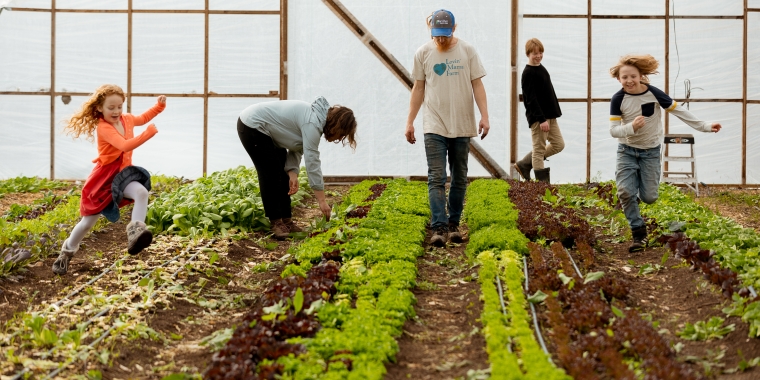In the ongoing discussions surrounding the 2024 Farm Bill, Senator Kirsten Gillibrand, a Democrat from New York State, has put forth a series of proposals aimed at addressing key issues within the agricultural and food assistance sectors.

One of the primary focuses of Senator Gillibrand’s proposals is the rectification of an error in SNAP (Supplemental Nutrition Assistance Program) employment training programs. Currently, these programs count as income for participants, inadvertently leading to the removal of individuals from SNAP benefits. The proposed changes seek to correct this oversight, ensuring that individuals can access the support they need without fear of losing vital assistance.
In addition to addressing SNAP program discrepancies, the proposed bill encompasses a range of initiatives aimed at bolstering food security and supporting local farmers. This includes expanded access to SNAP benefits, increased funding for food banks, and enhanced support for New York’s dairy and specialty crop farmers. By investing in rural infrastructure and economic development, the bill aims to strengthen agricultural communities and promote sustainable growth.
Senator Gillibrand emphasized the importance of inclusivity within the proposed changes, highlighting initiatives to accommodate individuals with diverse dietary needs. These include directives to increase the availability of kosher and Halal family options, ensuring that all individuals have access to culturally appropriate food choices.
In discussing the proposed changes, Senator Gillibrand stated, “It includes increases in funding for emergency food assistance programs, which is the main federal funding stream for food banks to purchase commodities. I’m also proud another directive requires the USDA to purchase more kosher and Halal family options so that no one is discriminated against because of their dietary requirements.”
The proposed amendments to the 2024 NYS Farm Bill reflect a commitment to addressing key challenges within the agricultural and food assistance sectors while promoting inclusivity and support for all individuals. As discussions continue, stakeholders will look to these proposals as a framework for ensuring a more resilient and equitable food system for all New Yorkers.